Considering the environment and future situation, currently, the textile industry is leaning towards sustainable clothing. In view of this, various yarn and fiber manufacturers are emphasizing the production of Recycled Yarn. The use of Recycled Yarn is one of the ways to protect the environment as it will reduce the pollution of the textile industry.
Now the question is What is Recycled Yarn and why we should consider going for this yarn? Recycled yarns are a type of unique yarn that is made of used or waste materials. There are different types of recycled yarn based on the manufacturing materials. It has several advantages over conventional yarns.
One of the reasons for turning towards recycled yarn or recycled fabric is that it is more environmentally friendly than traditional yarn. In this article, I'll go through all the details about Recycled Yarn. So, continue browsing this article if you are interested in this topic.
Before digging into other information, we should know What is Recycled Yarn.
Table Of Contents
What is Recycled Yarn?
Recycled Yarn is a special type of yarn manufactured from waste textiles and other materials. This kind of yarn is created from waste materials like plastic bottles as well as "textile-to-textile" trash like worn-out textiles, furniture, and clothing. Utilizing recycled yarn in textiles is indeed a sustainable method that benefits the earth.

This is because manufacturing recycled yarn saves the environment from textile pollution, it needs less energy, water, and other resources. Recycled yarns are far more sustainable as well as an affordable option than conventional yarns. These yarns are used to make a variety of goods, including apparel, soft toys, bed sheets, napkins, gloves, as well as carpets, to name a few.
What is Recycled Fabric Made Of?
Recycled yarns are generally made of different wastage. However, the manufacturing materials may vary based on the type of recycled yarn. Can't Understand? Recycled nylon yarn is made of used nylon materials like fishing nets, on the other hand, recycled polyester fabric is made of waste plastic materials. Recycled cotton yarn is made of different waste textile materials.

Popular Recycled Yarns in Textile Industry
You can find different types of recycled yarn in the textile industry based on the manufacturing materials. Recycled cotton yarn, Recycled Nylon Yarn, and Recycled Wool yarn are some of them. Every type of yarn comes with different features. So, let's take a look at the popular recycled yarn textile industry.
Recycled Cotton Yarn
The process of turning cotton fabric into fiber that may be used again in textile goods is known as recycling cotton. Regenerated cotton, recovered cotton, and shoddy are different types of recycled cotton fibers that are frequently used. Used, refurbished, as well as re-manufactured parts are all included in the definition of recycled cotton yarn.

Waste from businesses or consumers is gathered to make recycled cotton. Before being shared by machines into smaller bits and further penetrating the basic fiber, items are first classified by category and color. It may then be reused and given a brand-new life as a different product by being spun again into yarn.
Recycled Polyester Yarn
Recycled polyester yarn is also known as rPet yarn in the textile industry. This type of polyester yarn is a sustainable option since it is made of waste plastic materials. Recycled polyester yarn is generally manufactured through recycling waste plastic bottles. Recycled polyester is produced with much less energy as well as CO2 emissions than conventional polyester.

This indicates that recycled polyester yarn has a less detrimental effect on the environment than traditional polyester. 100% recycled polyester yarn may be used for any applications in the textile and garments industry. The quality and attributes of the fiber remain unaffected by the repeated recycling of textiles or clothing created from recycled polyester.
Recycled Nylon Yarn
Recycled nylon yarn is another popular recycled yarn. Recycled nylon yarn is a type of ecologically responsible nylon yarn created by reusing waste materials left over from the manufacture of nylon. This type of nylon yarn is a sustainable yarn that is made of waste nylon materials. One of the amazing things about recycled nylon yarn is that it reduces nylon wastage and maintains ecological balance.

This kind of nylon yarn offers several cutting-edge and unique qualities in addition to nearly identical functionality to traditional nylon. This recycled nylon yarn is widely used in the textile industry to develop different types of applications and textile products.
Recycled Wool Yarn
Recycled wool yarn is manufactured from different garments wastage. Pre-consumer garbage, which is made from trimming scraps or any extra yarn manufacturing, and post-consumer waste, which is made from undesired or abandoned clothing, are the two categories of textile waste.

The negative environmental effects associated with the manufacture of garments made from conventional wool can be lessened by using recycled wool. From fitness to formal attire, recycled wool yarn is utilized to make a variety of apparel goods.
Advantages
There are numerous compelling arguments for reusing materials from textile operations and products. They include reducing the need for landfills, preserving resources, covering the associated tipping charge, and providing access to inexpensive raw resources for product manufacturing. Let’s take a look at the different advantages of Recycled Yarn.

Reduce Pollutions
The textile and apparel industry is one of the most polluting sectors of the international economy. Throughout their existence, textiles have had a big effect on the environment. The production of textiles requires a lot of water, energy, and compounds. Recycling textiles will have a big role in lowering pollution. The recycling of textiles is being increased to lower greenhouse gas emissions.
Saves Land Spaces
We save a ton of space if we don't throw our garments in the garbage since they don't wind up in a landfill. The health of whole communities as well as our environment is all negatively impacted by landfills, as are local finances. Textile wastages take up a huge amount of space that might have been put to far better use by the environment. Recycling clothing and other goods help communities save money on landfill expenses, which frees up money for other crucial civic requirements.
Recycling saves Resources
Recycled yarn production uses less energy than traditional fiber production. In actuality, recycled yarn production uses just 50% of the energy required to produce traditional yarn. Using less energy results in fewer carbon emissions, which also will protect the environment. Not only energy but also manufacturing recycled yarn requires less water supply.
Maintain Ecological Balance
Global warming is a widespread issue that is altering the environment and standard of living all across the world. When textiles are processed to make clothing, gases are created that have a detrimental effect on the climate and assist in this impending warming. The entire earth, as well as our current and future life quality benefit from recycling clothing. In simple words, recycling maintains ecological balance.
Recycling Reduces Cost
Another amazing thing about recycled yarn is that it reduces overall costs. YES! Recycled yarn reduces both manufacturing costs and purchasing costs. Since the manufacturing procedure of the recycled yarn needs less energy, it needs less cost to manufacture recycled yarn. On the other hand, clothes and apparel made from recycled fabric are available at an affordable price tag. So, it will save your bank to load your wardrobe.
Wrap Up
While the textile industry pollutes the global environment largely, utilizing recycled garments is one of the effective ways to reduce this problem. Recycled Yarn is a sustainable yarn solution that now the textile industry leaning towards. It is a type of yarn that is made of waste materials and has almost the same features and functionalities as traditional yarn. This article may help you to understand the facts about recycled yarn.



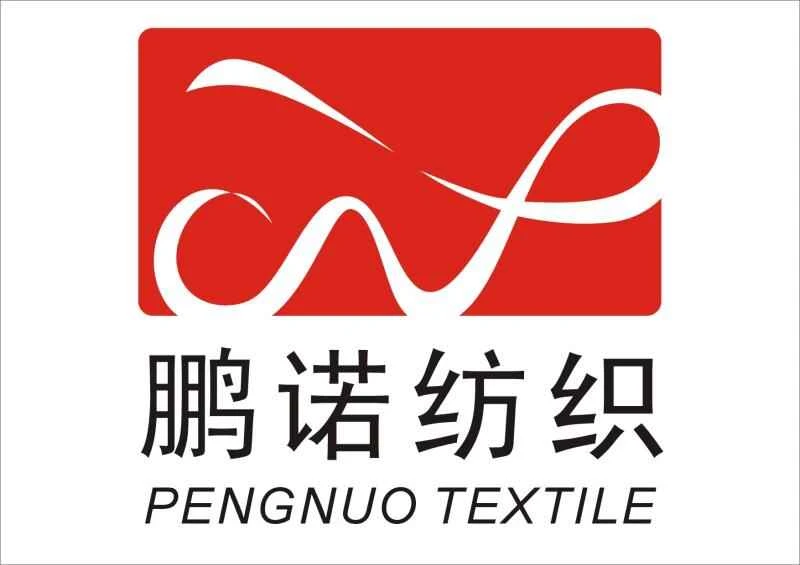

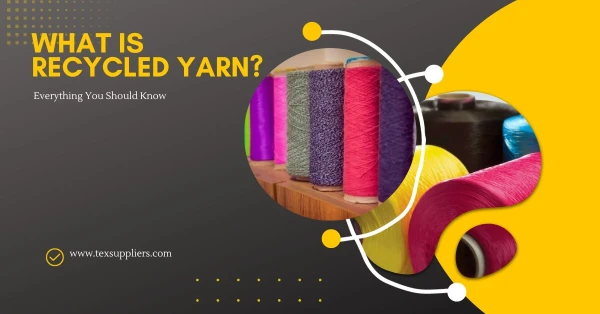
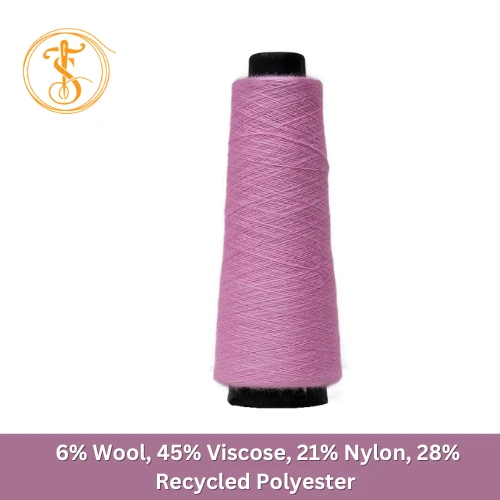
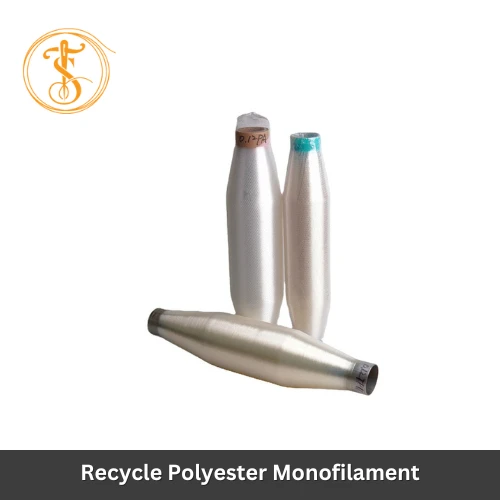
.webp)
.webp)
.webp)
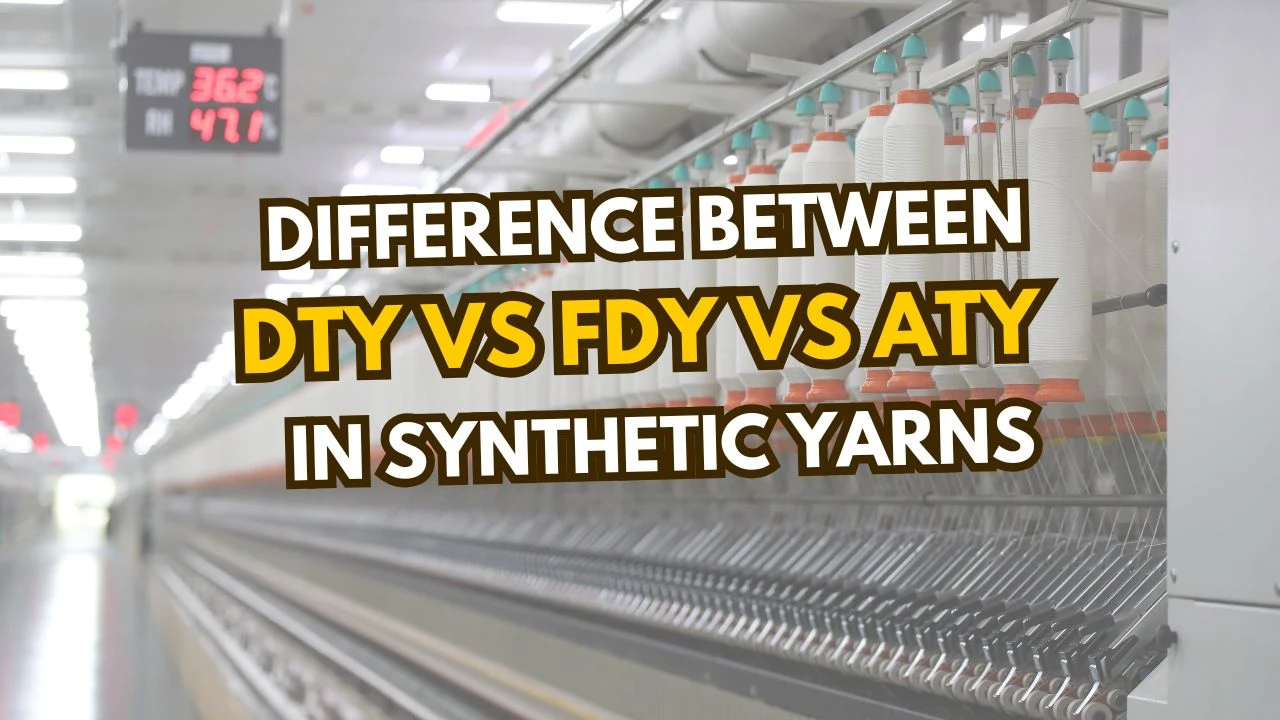

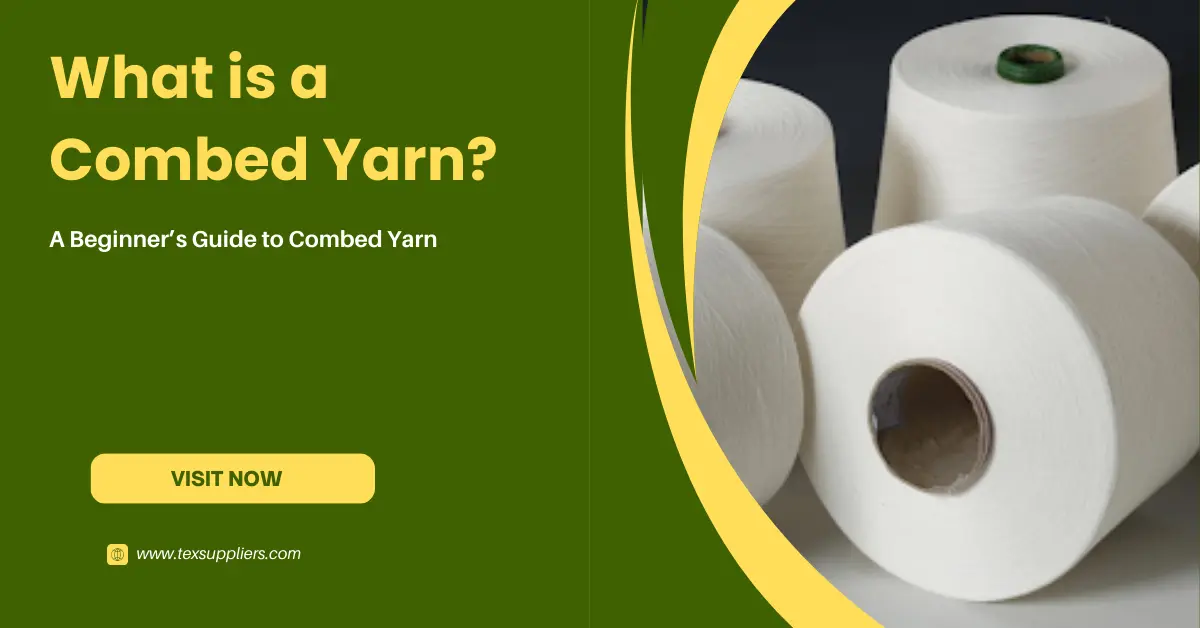
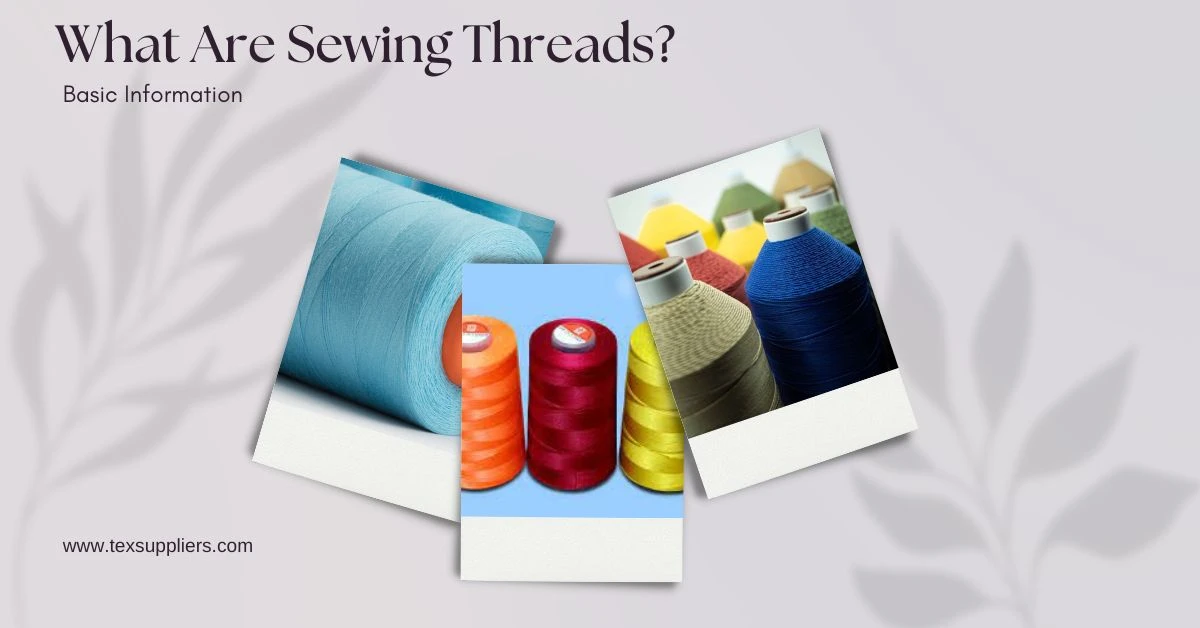
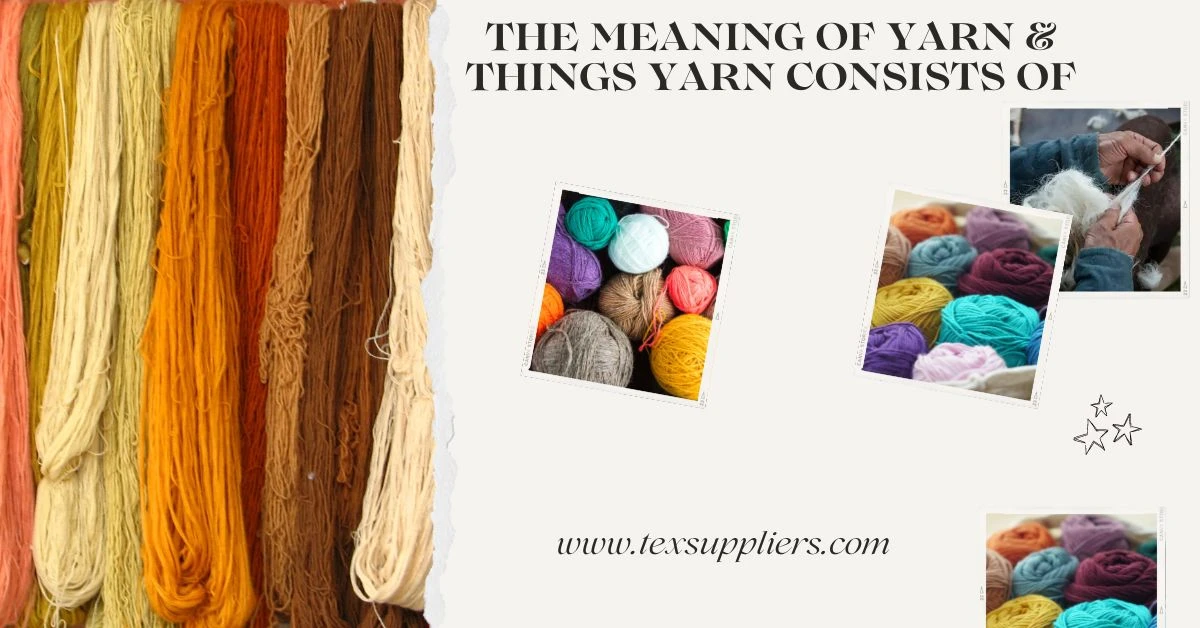
Comments - 00
Leave A Reply
Thanks for choosing to leave a comment.